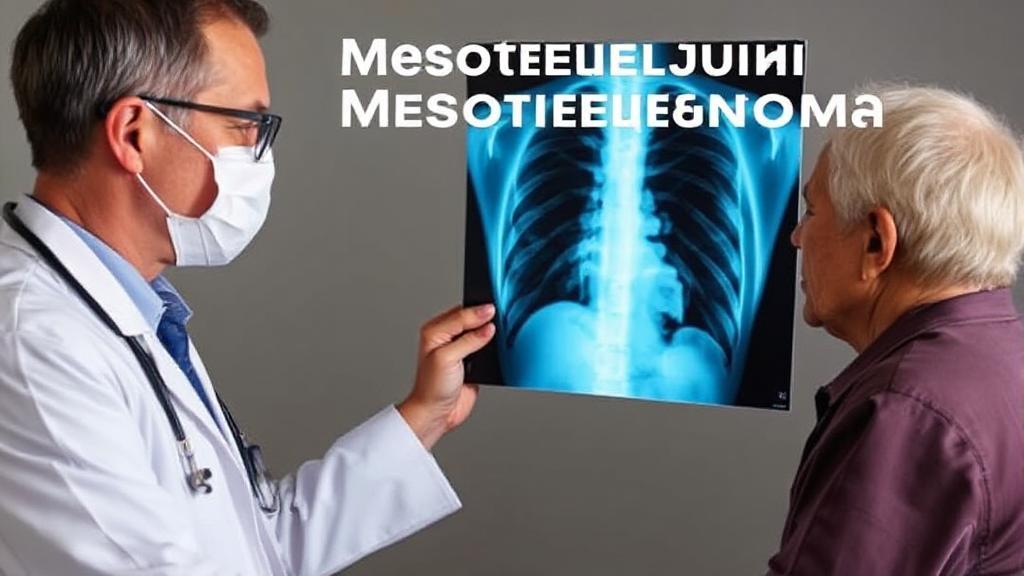Understanding Mesothelioma
Mesothelioma is a rare and aggressive form of cancer that primarily affects the mesothelial tissues - the protective lining covering many internal organs. According to the American Cancer Society, approximately 3,000 new cases are diagnosed annually in the United States.
Primary Causes and Risk Factors
The overwhelming majority of mesothelioma cases (80-90%) are directly linked to asbestos exposure. When asbestos fibers are inhaled or ingested, they can become lodged in the mesothelium, causing inflammation and cellular damage that may eventually lead to cancer development.
Risk Factors Include:
- Occupational Exposure: Workers in construction, mining, shipbuilding, and manufacturing
- Secondary Exposure: Family members of workers exposed to asbestos
- Environmental Exposure: Living near asbestos mines or processing facilities
- Age: Most cases occur in people over 65
- Gender: Men are affected more frequently than women
For more detailed information on asbestos and its health effects, visit the World Health Organization.
Types and Symptoms
Pleural Mesothelioma (75% of cases)
- Persistent cough
- Chest pain
- Shortness of breath
- Unexplained weight loss
Peritoneal Mesothelioma
- Abdominal pain and swelling
- Changes in bowel habits
- Nausea and vomiting
- Loss of appetite
Pericardial Mesothelioma
- Heart palpitations
- Chest pain
- Difficulty breathing
"A comprehensive approach combining imaging studies, blood tests, and tissue biopsies is essential for accurate diagnosis and staging of mesothelioma." - American Cancer Society
Diagnosis and Treatment Options
The diagnostic process typically involves:
- CT scans
- MRI
- PET scans
- Tissue biopsy
- Blood tests for biomarkers
Standard Treatments
-
Surgery
- Extrapleural pneumonectomy (EPP)
- Pleurectomy/decortication (P/D)
- Cytoreduction with HIPEC (for peritoneal cases)
-
Chemotherapy Standard first-line treatment usually combines:
-
Radiation Therapy
- Shrink tumors
- Manage pain
- Prevent spread after surgery
Emerging Treatments
- Immunotherapy (checkpoint inhibitors, CAR-T cell therapy)
- Targeted therapy
- Gene therapy
- Clinical trials with novel medications
Prognosis Factors
| Factor | Impact |
|---|---|
| Stage at diagnosis | Earlier stages have better outcomes |
| Type of mesothelioma | Peritoneal generally has better prognosis |
| Age and overall health | Younger, healthier patients respond better |
| Treatment response | Varies by individual |
Support and Resources
Patients and families can find assistance through:
- Mesothelioma Applied Research Foundation
- Support groups and counseling services
- Legal resources for asbestos exposure claims
- Financial assistance programs
While mesothelioma remains a challenging diagnosis, advancements in treatment and increased awareness of asbestos-related risks offer hope for better management and outcomes. Early detection and a comprehensive treatment approach are crucial. Patients can find ongoing clinical trials through ClinicalTrials.gov.
